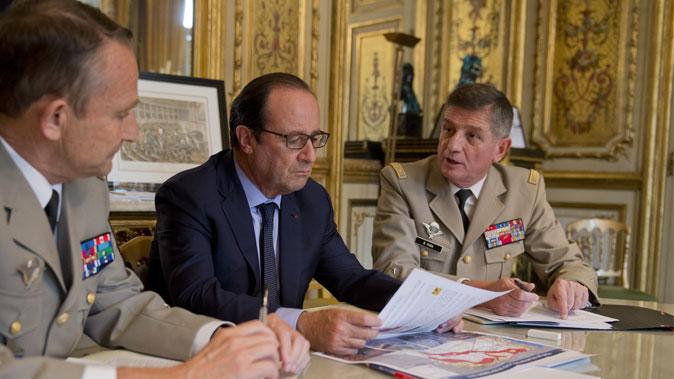After a month of fighting in Iraq, the ISIS insurgency has made considerable progress, even if there is now something of a stalemate as Shi'a militias organize themselves and the weak Iraqi Army gets a measure of support from Russia, the United States and especially Iran. Even so, the change in the country since the beginning of June has been startling, with ISIS now able to extend its territorial control right across much of north-eastern Syria and north-western Iraq.
Attempts to capture and maintain control of the Baiji oil refinery north of Baghdad may prove difficult and the movement would still like to control the Haditha Dam and hydroelectric plant on the Euphrates and to overrun the huge Balad Air Base with its munitions and other stores.
What it has already achieved, though, is probably more than it expected, and its longer-term aims are aided by substantial changes in Syria. Until perhaps a fortnight ago, the ISIS paramilitaries there were competing with other extreme Islamist groups such as al-Nusrah Front and some of the more secular groups opposing the Assad regime. That has changed quite dramatically with reports that elements from al-Nusrah have gone across to join ISIL.
Even more notable has been a string of defections from some of the anti-regime groups that have previously been getting western support. This raises fears among western politicians and their militaries that a snowball effect is developing, at least in Syria, and that more weapons and equipment will be taken up by the Islamists.
Show of Strength
Such unease has been increased by last week’s sermon in a mosque in Mosul by the ISIS leader, Abu Bakr al-Baghdadi, in which he announced the founding of a new Caliphate, demanding that all Muslims accept him as the leader. At first sight this may seem a grandiose and premature claim, and very possibly an indication of hubris, but the defections in Syria and the situation in Iraq mean that it has to be taken seriously.





